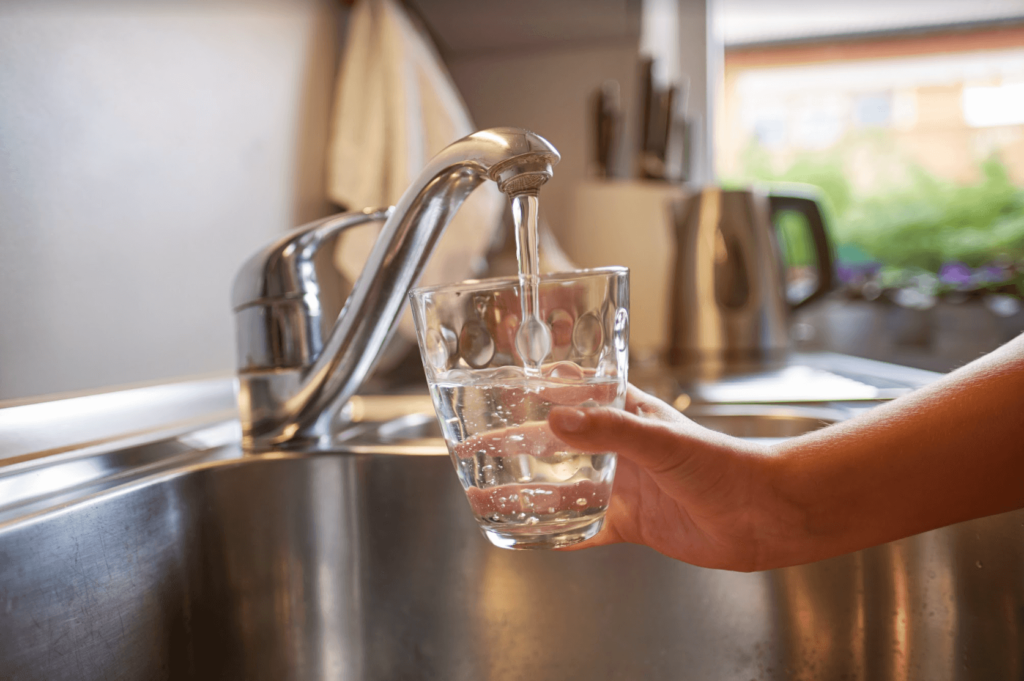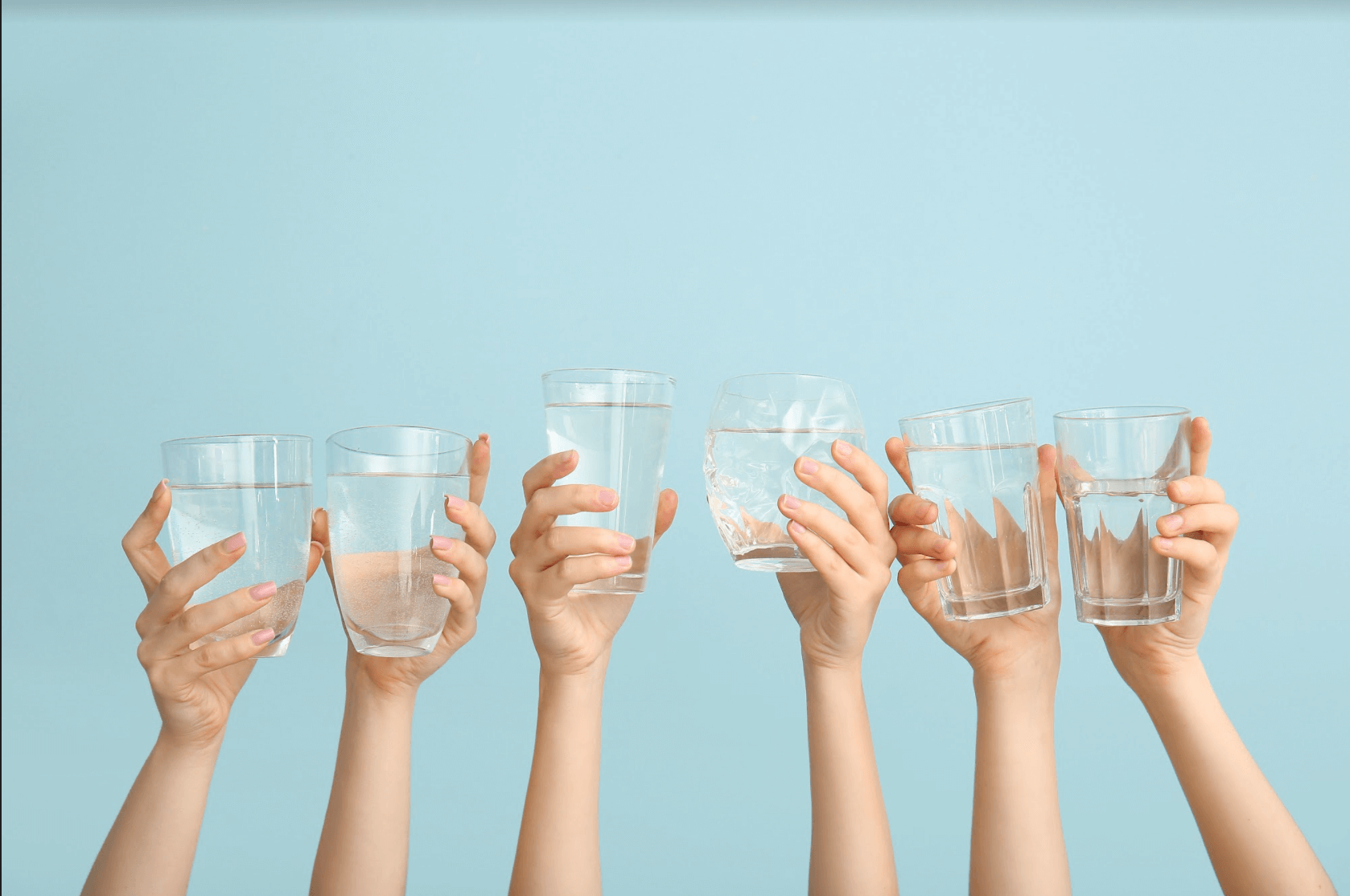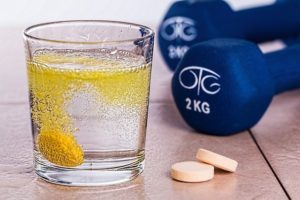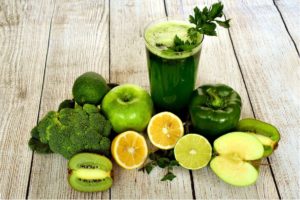Water-borne diseases are common, especially in places that have limited to no access to clean water. Unsafe water, when used either for the purpose of drinking, cooking, or food preparation, can potentially cause water-borne illnesses such as diarrhea, cholera, amoebiasis, typhoid fever, and more. While it is more common for younger children, adults aren’t immune to these diseases too.
Common Water-Borne Diseases
Bacteria are the main culprit for water-borne diseases. Since they aren’t visible to the naked eye, these pathogen microorganisms can easily enter your body’s system when you come in contact with contaminated food and water.
Common symptoms for water-borne illnesses include vomiting, nausea, stomach cramps, fever, and skin, eye, or ear problems.
Water-borne diseases can be life-threatening, especially if not treated right away, but can be preventable. With that said, here are some helpful tips and ways to prevent water-borne diseases at your home.
1. Drink Safe And Potable Water

One of the best ways to help prevent water-borne diseases is by ensuring that you and your family only drink clean water from safe sources. Health experts highly suggest consuming potable water, purified or boiled water, instead of drinking tap water. For household use, you can consider getting water delivery services for your family’s drinking water needs.
Another method that can purify drinking water is reverse osmosis. The idea is to clean and filter the contaminated water under pressure. You can contact your water service provider to know more about this.
2. Prepare Food Thoroughly
Aside from ensuring that you and your family are drinking safe and treated water, it is also equally important that you use clean water when preparing food. This includes washing raw vegetables and meat.
This is also applicable when cleaning cutting boards, knives, and kitchen surfaces after handling raw meat and vegetables. It is important to ensure utensils and cutlery like spoons, forks, and knives are clean before usage too. Moreover, it is advisable to avoid sharing these utensils, as water-borne diseases such as typhoid fever can easily spread through sharing of dirty utensils.
On top of washing your ingredients before cooking, it is also important that you cook meat, eggs, and vegetable thoroughly, as they can cause water-borne illnesses such as e-coli when consumed undercooked.
3. Observe Proper Personal Hygiene
By observing good personal hygiene, you can significantly cut down the risk and chances of acquiring water-borne diseases. Through regular and thorough hand washing, you can eliminate bacteria and germs which can cause these diseases.
To practice good hygiene effectively, make sure that you wash your hands thoroughly before going to eat, after using the toilet, and even after handling diapers. It’s also important that you wash your hands after handling animals or anything where they live or roam. This is because some water-borne diseases can spread from animals to humans.
Additionally, it is also highly advisable for adults to supervise handwashing in children as they may not be able to do it properly and effectively. Hands must be washed with soap and clean water for at least 20 seconds. Make sure the kids rub their hands together vigorously to scrub all surfaces.
4. Maintain A Clean Home And Environment
On top of practicing good personal hygiene, it is also equally important that you make sure that your homes are clean and maintained.
For instance, your bathroom should always be properly cleaned and looked after. Your toilet bowls and bathroom sink must be regularly brushed and cleaned using hot water and detergent. In addition, make sure that you and your family flush and discard stools in the toilet after usage. You may want to assist children with toilet use.
The same goes with properly maintaining your kitchen, where food preparation happens. See to it that you regularly clean, disinfect and sanitize countertops and surfaces, as well as your kitchen sink.
5. Store Water In Clean Containers

Whether it’s for drinking and food preparation purposes or household chores, it is important that the water you utilize is clean and safe, free from germs and bacteria causing water-borne diseases.
If you are using water storage tanks, it is advisable that you schedule regular upkeep of these containers, to make sure that they are clean and won’t contaminate your water. This can be a tedious process, so it may be best to leave it at the hands of professionals.
Conclusion
Most water-borne diseases are life-threatening and may cause uncomfortable health symptoms. However, as the saying ‘prevention is the best cure’ goes, it is important that you exert effort in protecting yourself and your family from these preventable water-borne diseases.
With these helpful ways in mind, you and your family can live an informed lifestyle, which prioritizes health and safety.





